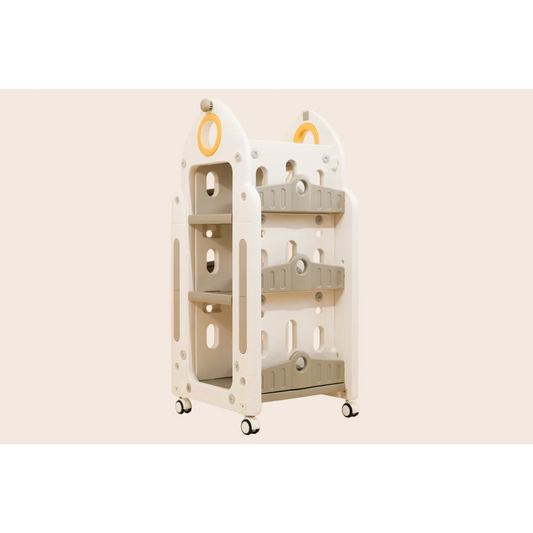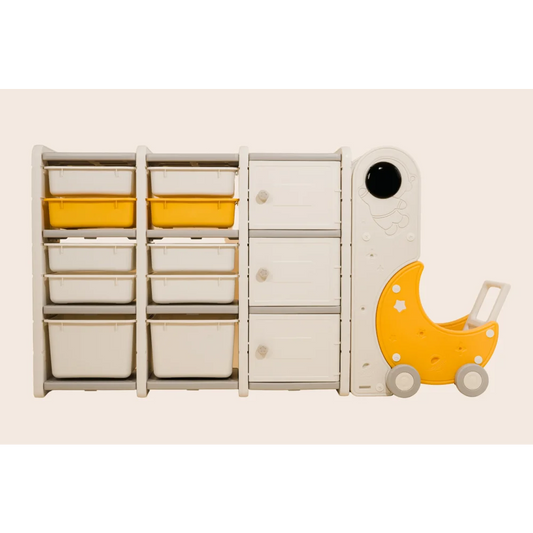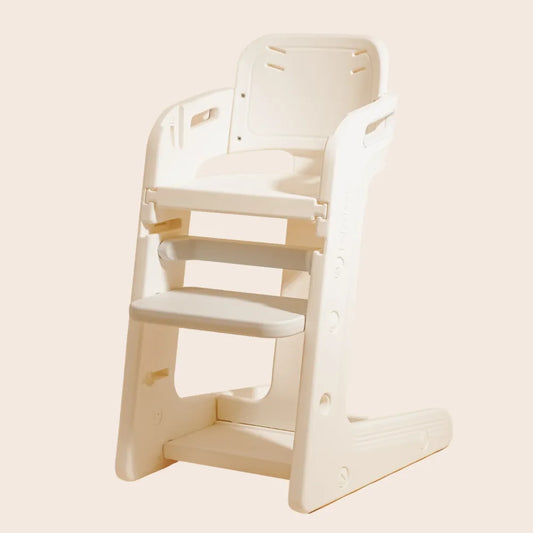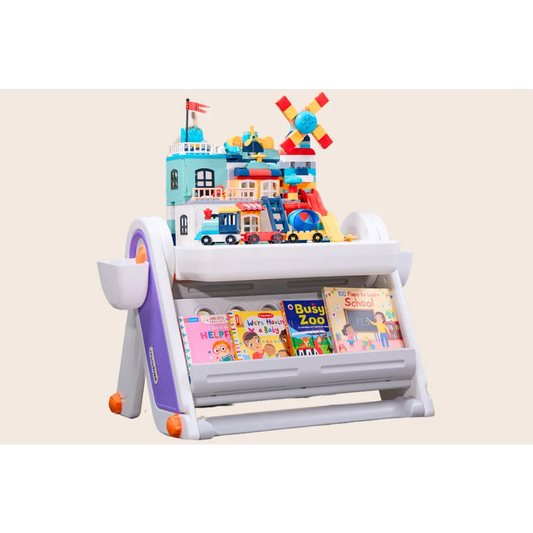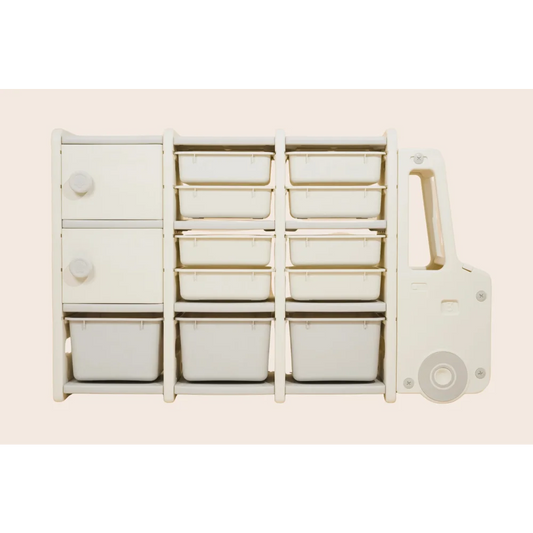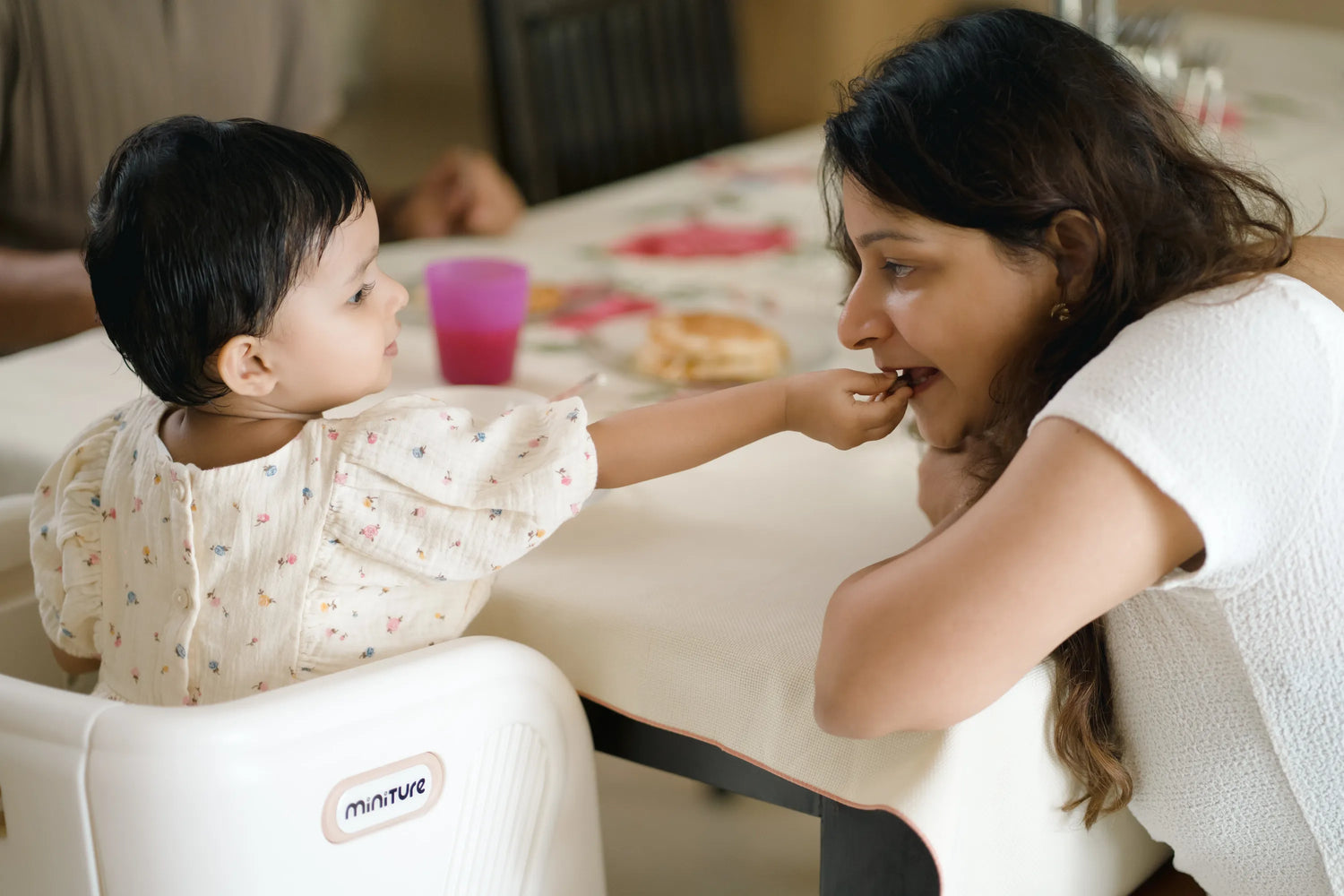
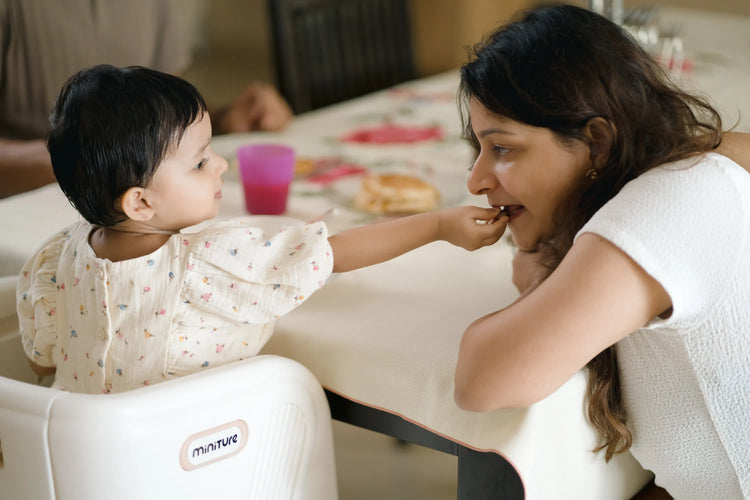
Why Your Toddler Keeps Asking for Help (Even When They Can Do It)
Why Your Toddler Keeps Asking for Help
(Even When They Can Do It)
- By Rupal Jasraj Patel
(Child Psychologist, Parenting Expert, Parent & Child Counsellor, Author, Founder of Only Parenting)

“Mumma, can you do it for me?”
“Daddy, please help. I can’t do it.”
Parents of toddlers constantly hear these statements. However, when toddlers ask for help
with things they usually manage on their own, parents get worried and often wonder what has gone wrong.
Let’s explore what is actually going on behind those “help me” requests.
It’s Got Nothing to do With What They are Asking You To Do. When your toddler asks for help with something they can already do, it’s usually not about that thing per se. It is also not because they have forgotten what you taught them, nor are they being lazy, and they are definitely not “manipulating” you. The most likely reasons are that they are having a hard day, are overwhelmed with emotions, feeling tired or unwell, or just simply feeling out of sorts.
You may argue that there is no significant reason for them to feel that way because there
has been no big change, they haven’t been having meltdowns, and everything else at
school, home, and in the playground is all fine. But even something as simple as a rushed bedtime, a busy day at school, or less eye contact with the parent can make them feel unstable and insecure. Asking for your help and support is just their way of saying that they need a safe space; they need you to take care of them, spend more time with them, and be closer to them. They are asking for your love and support.
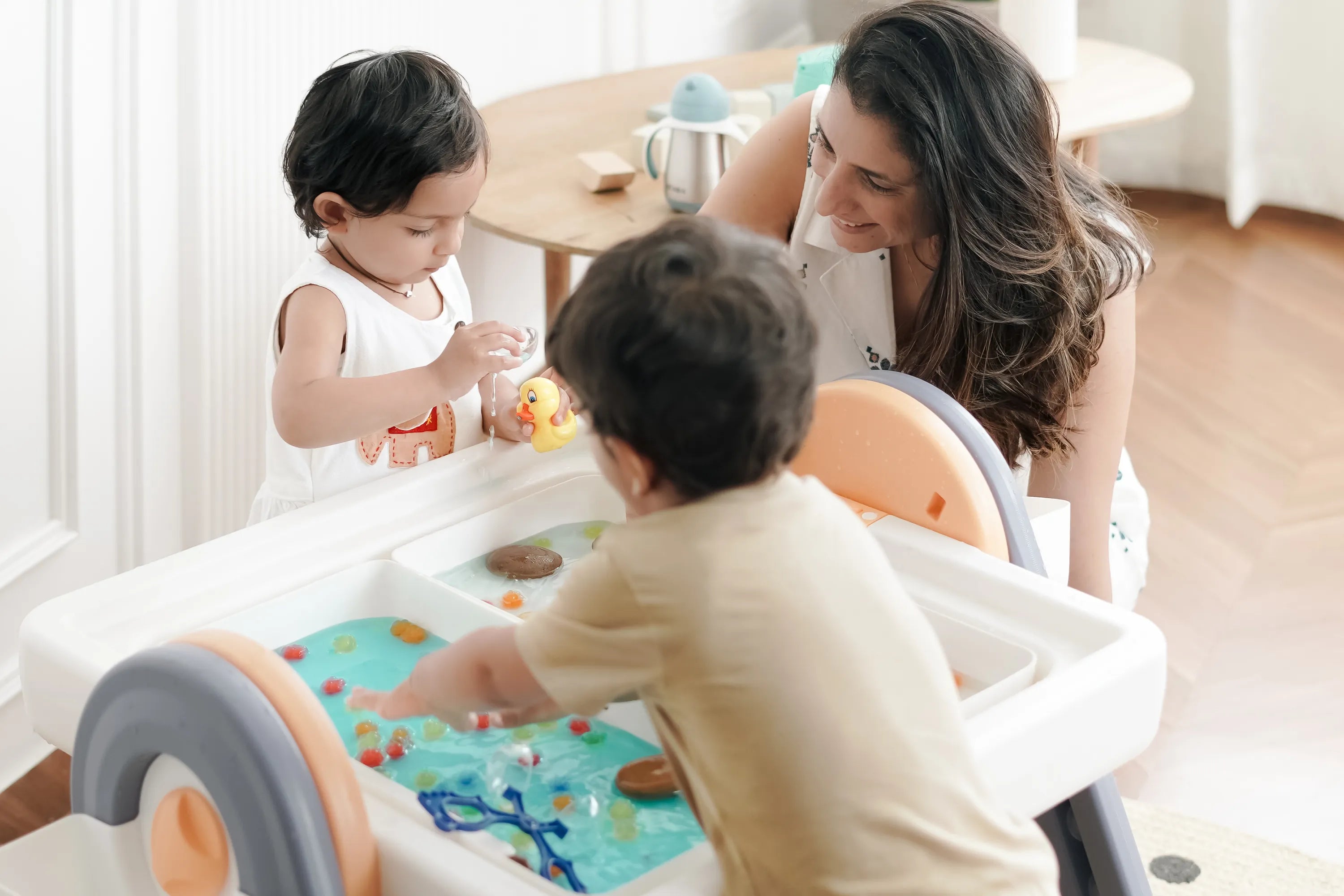
A Quick Story From One of the Parenting Sessions
A mom shared that her 3-year-old daughter was very independent, but over the last two
weeks, she just refused to eat on her own or put on her clothes and shoes by herself.
The mom was upset and dejected. She told me, “Every day my daughter whines, ‘Mumma,
you do it.’ ‘Mamma, I don’t know how to.’ ‘Mumma, you help me.’ And this is for the things
that I know she can do. She had been doing them so easily and happily for the last two
months. But when I tell her to do it on her own, she gets upset and throws a tantrum. It is so frustrating. I don’t know whether I have done something wrong or she is just regressing.
"I feel at a complete loss.”
We discussed further, and I asked her a few questions to understand what else had been
going on. Soon, we realised that they had an upcoming family wedding and the days had been hectic. Most days, the mother would leave for errands directly after work, though she made sure to be back by her daughter’s dinner time. And her daughter had been happy, especially with so many cousins staying over. All of them played together, ate together, slept together.
What the mother missed out on was realising that the cuddles, hugs, and kisses that she
shared with her daughter had reduced. The interactions that she had with her child were
rushed or distracted. The one-on-one playtime was missing. And the child was clearly missing her mom, and even though she may not have realised it herself, repeatedly asking her for help with things was her way of connecting and reaching out.
In that moment, she understood that it wasn’t about independence at all. It was about
connection. That evening, instead of insisting that her daughter eat by herself with
everyone, she fed her and got her ready for bed. She made sure to spend one-on-one
quality time with her every day, in spite of all the chaos in the house. She called to tell me that by the end of that week, her daughter was back to being independent and doing things on her own. And just as expected, the child did not need help with eating or dressing; she needed the connection with her mom.
And the mom needed that connection, too – it was evident through the joy in her voice.
What Can a Parent Do at Such Times?
1. Pause Before You React
Before jumping in with “You know how to do it yourself,” just pause. Take a breath and observe what is really happening
Ask yourself…
Is my child tired, overstimulated, or feeling emotionally overwhelmed?
Am I rushing or feeling disconnected at this moment?
Is this just one of those low-energy dips we all have?
Has there been a significant change recently, big or small?
Have we both been spending enough quality time?
The pause helps you respond with empathy instead of irritation, and that can make all the
difference.

2. Say What You See
Instead of overthinking, just say what you see. Maybe something like…
“Hmm… it looks like you want some extra Mumma-time right now.”
“It feels like one of those days where you need a little more help, huh?”
This helps your child feel seen and calms them faster than “Come on, just do it yourself!”
And once they feel calm and loved, they may reply with “No, I can do it, mommy.”
3. What to Say (And What to Skip in the Moment)
We all have moments when frustration takes over. When we are tired or hungry, it is easy to blurt things out like…
“Don’t be lazy. You know how to do it.”
“You are a big boy/girl now. You don’t need my help.”
“You have done it so many times, come on!”
It usually slips out when we are tired or rushed for time. But from your child’s point of view, these words feel like you don’t understand how they are feeling.
Instead, a calm and gentle response such as…
“I know you can do this, and I am right here if you need help.”
“Looks like this feels hard today, and that’s okay. Let me help you.”
That small shift in what you say and how you say it can go a long way in making your child
feel understood and supported.
4. Do It Together
Instead of doing the whole thing for them, you can say…
“Let’s start it together, and you finish it.”
“I’ll hold the shoe, you slip your foot in.”
You can also turn it into play…
“Should I be your helper robot today? Beep beep!”
Doing it together especially works wonders when your child is reluctant or unsure. By
encouraging one small step at a time and doing it together, you are still showing up for
them without taking over.

5. If It’s Becoming a Pattern
If the “help me” request shows up every single day, even when they’re well-rested and
everything else seems fine, take a step back and look at the bigger picture.
Sometimes, kids fall into a rhythm of asking for help not because they need it, but because
they have gotten used to it, whether out of habit or because you have been stepping in too quickly. Start by quietly noticing the moments they do manage on their own. Gently hand back one responsibility at a time and let them know you believe in them as you do it.
They may struggle a bit, but that’s a part of growth and learning.
What helps most is staying consistent, not fixing everything, but staying close and confident as they find their way back.
A Final Reminder
Remember, your toddler asking for help doesn’t always mean they need it. More often than not, it just means they need you.
Whether they are feeling unsure of themselves, wanting you closer, or are just having one
of those days, your response changes it all. It shapes how they feel about themselves.
You don’t have to overthink it or fix anything. You just need to be there. Be by their side,
staying calm, kind, and non-judgmental. Even simply saying, “I am here if you need me” can offer all the reassurance they need.
And the more emotionally safe, loved, and accepted they feel, the more naturally they will
become confident and independent once again.

